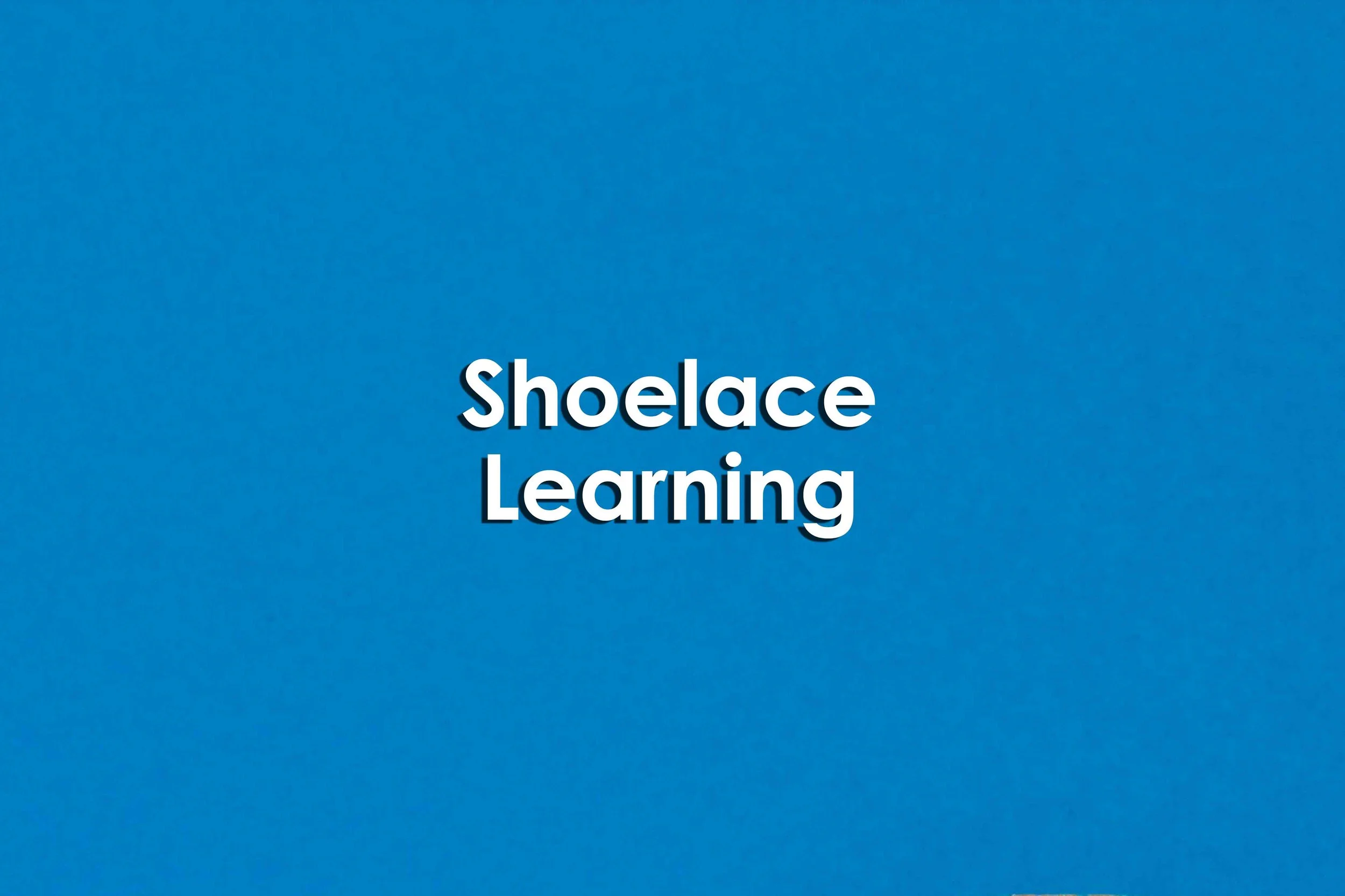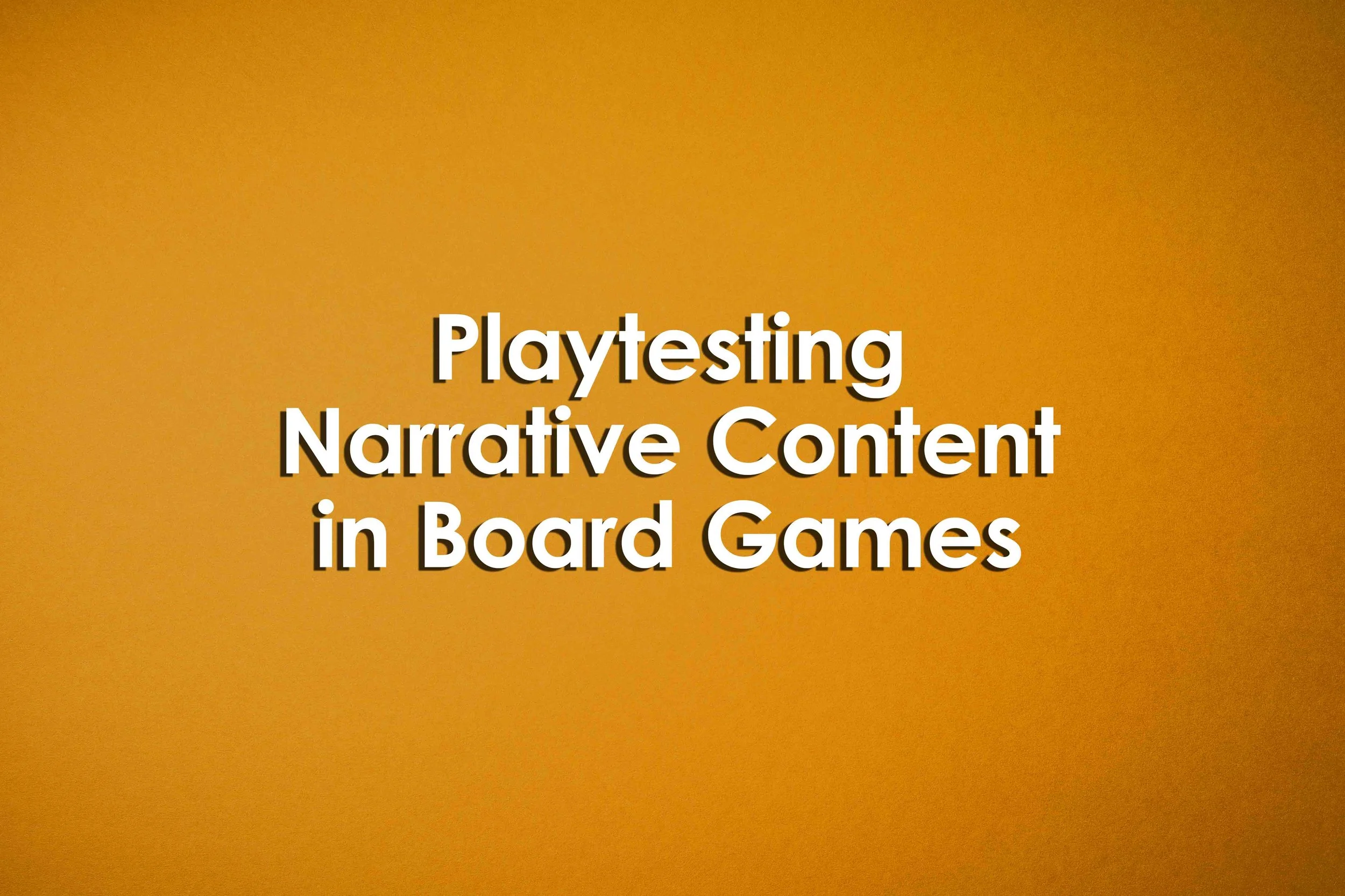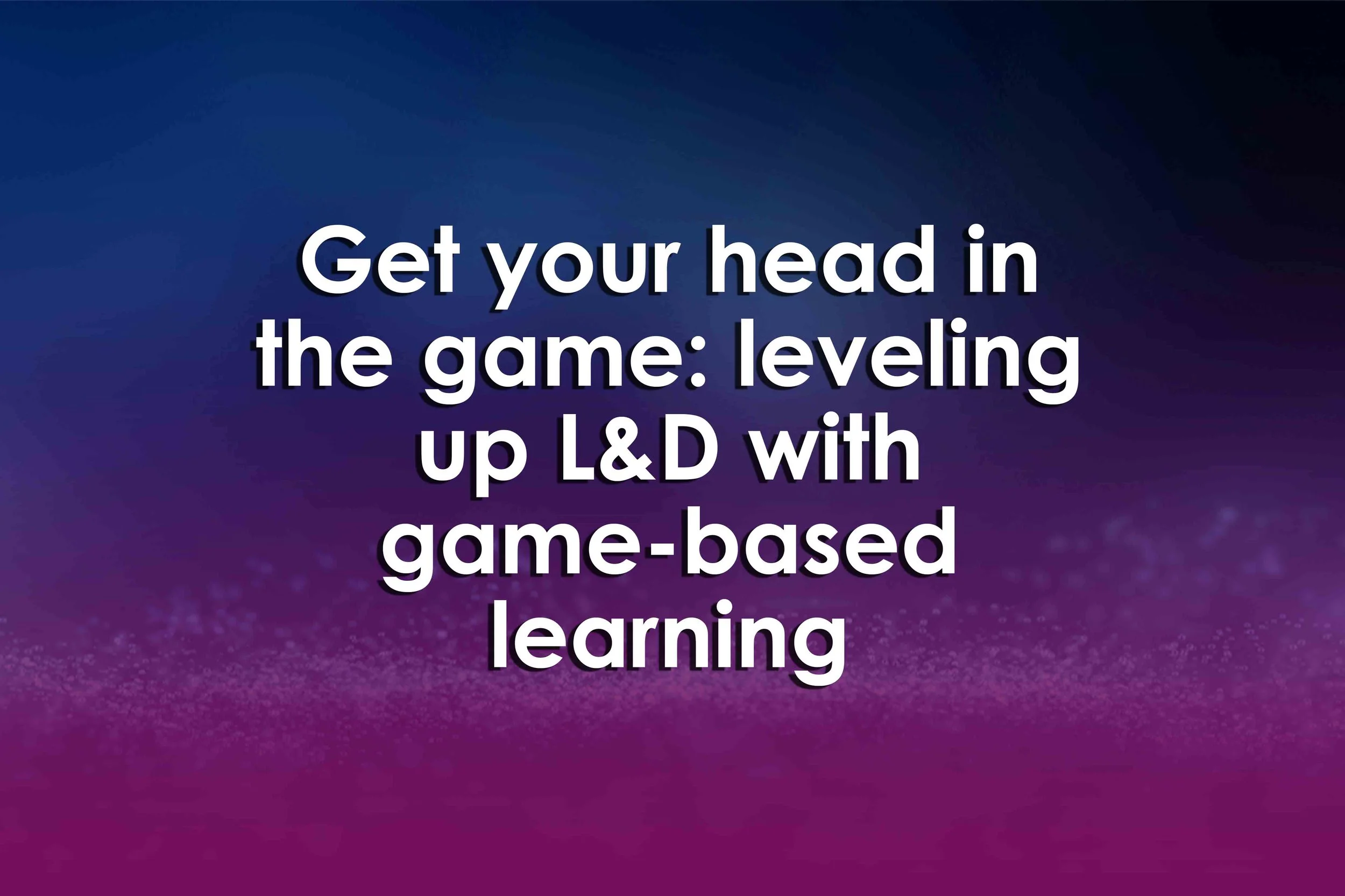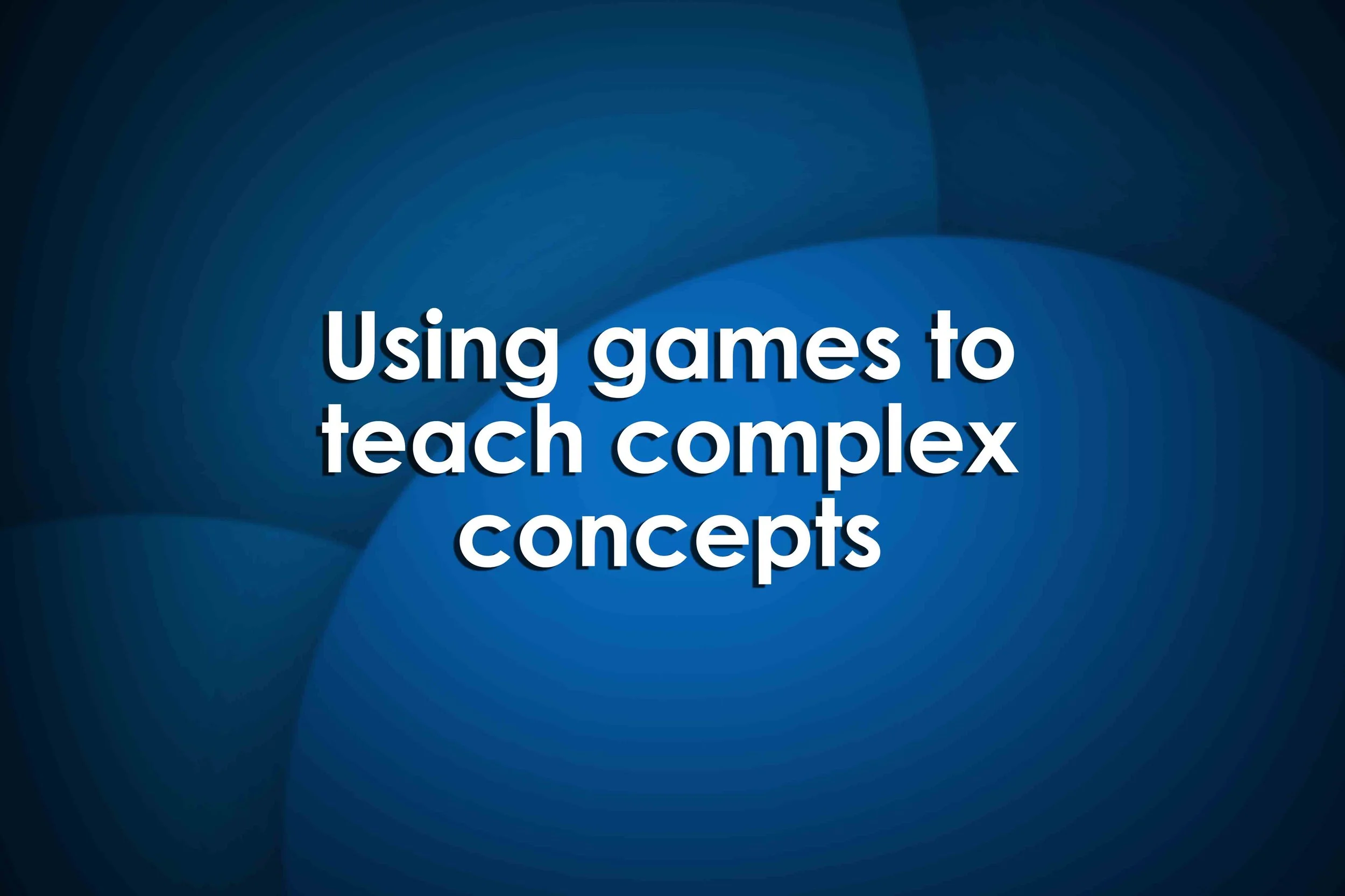A recent study published in the European Journal of Archaeology suggests that the ancient board game Hounds and Jackals, long believed to have originated in Egypt, may have actually originated in Azerbaijan.
Read MoreNews
A study by researchers from the University of Zaragoza explores the challenges and benefits of hosting cultural events in the metaverse, emphasizing the role of gamification in enhancing user engagement.
Read MoreThomas Yount, an environmentalist and board game enthusiast, created Climate Cooldown, a game designed to teach players about climate change and environmental stewardship. The cooperative game challenges players to balance resources, phase out fossil fuels, and tackle global warming through clean energy. Yount hopes it will spark discussions on climate solutions and inspire action. Similar games, such as CATAN: New Energies and Evolution: Climate, also address climate issues.
Read MoreShoelace Learning, founded by Julia Dexter in Halifax, addresses the literacy crisis in education by offering game-based learning solutions.
Read MoreWriting narrative content for board games presents unique challenges due to space limitations. Unlike novels or short stories, board games often provide less than 100 words per story beat, typically conveyed through concise cards.
Read MoreFilmmaker Jazmin Jones grew up believing Mavis Beacon, the face of Mavis Beacon Teaches Typing, was a real person. Mavis, a Black woman depicted as approachable and authoritative, helped make typing accessible and less intimidating.
Read MoreSince 2020, North Carolina lawmakers have allocated nearly $10 million to fund Plasma Games, a science-based video game aimed at improving education in public schools. However, participation has remained low despite incentives like free cruises for educators and scholarships for students.
Read MoreGame-based learning (or gamification) has become integral to education, enhancing memory retention and performance. However, its potential in workplace learning and development (L&D) remains largely untapped.
Read MoreTaylor Shead, founder of Stemuli, a Dallas-based AI-powered platform, uses gaming to help K-12 students make career choices. Stemuli creates personalized learning experiences, blending education with workforce development.
Read MoreAssociate Professor Mattia Thibault, based at Tampere University, specializes in semiotics, gamification, and translation within the creative industries. His research focuses on intersemiotic translation practices, exploring how real objects translate into virtual realities and vice versa.
Read MoreThe article explores how integrating human learning theories with game design can revolutionize workplace training. By combining constructivism, experiential learning, and cognitive theories with engaging game mechanics, organizations can create immersive, effective training programs.
Read MoreJeff Mundee, a veteran game developer, has had a remarkable career, working on major titles like FIFA and Dragon Age before returning to his home province of New Brunswick. There, he helped foster the local gaming scene, co-founding Reframe Games, a studio focused on creating games with positive societal impact.
Read MoreThe parents of Joaquin Oliver, a teen killed in the 2018 Parkland shooting, released a video game called The Final Exam through their organization, Change the Ref, to promote gun control in the U.S. The game places players in a fictional school during a shooting, where they must survive by evading the shooter and controlling their breathing.
Read MoreGamifying cybersecurity training can enhance preparedness and resilience against cyber threats. Cybersecurity teams often thrive in hands-on, competitive environments, making activities like capture-the-flag (CTF) competitions ideal for learning.
Read MoreThe Wildlife Coexistence Quest aims to aid shark conservation in Southeast Asia by developing a board game-like tool to assess shark-ray fisheries behavior.
Read MoreYing “Gina” Tang, a professor of electrical and computer engineering, focuses on making learning more engaging and effective through game-based environments. Her games, which incorporate AI-driven pedagogical agents, adapt to students' needs, offering personalized guidance and enhancing understanding.
Read MoreBuilding AI responsibly is challenging due to the complex corporate and regulatory environments in which it is developed. Simulations can help professionals, from engineers to policymakers, navigate these complexities and collaborate effectively.
Read MoreThe success of Black Myth: Wukong, a Chinese video game that sold over 10 million copies in days, reflects China’s growing influence in global gaming, serving both soft and hard power objectives. While the game promotes Chinese culture and values, it also highlights China's strategic push to develop domestic semiconductor capabilities, particularly in response to U.S.
Read MoreTic-tac-toe and other classic games of chance and skill played a significant role in the development of modern computers, according to an NYU researcher. Samuel Pizelo argues that Charles Babbage and Ada Lovelace, pioneers of computing, used game theories to model algorithms and mathematical calculations for Babbage’s analytical engine.
Read MoreMabel Addis, an elementary school teacher from New York, pioneered storytelling in video games with her creation of the Sumerian Game in the 1960s. The game, designed to teach economic theory, allowed students to simulate ruling a Sumerian city-state.
Read More




















